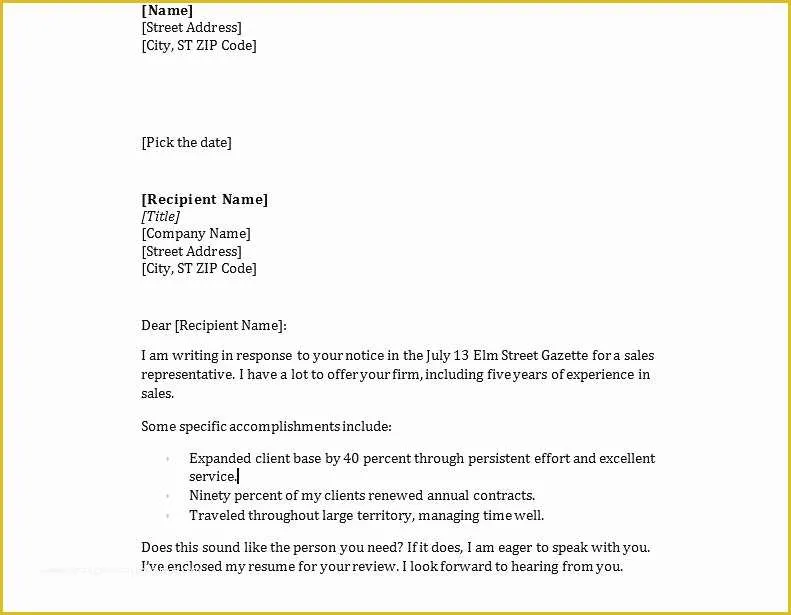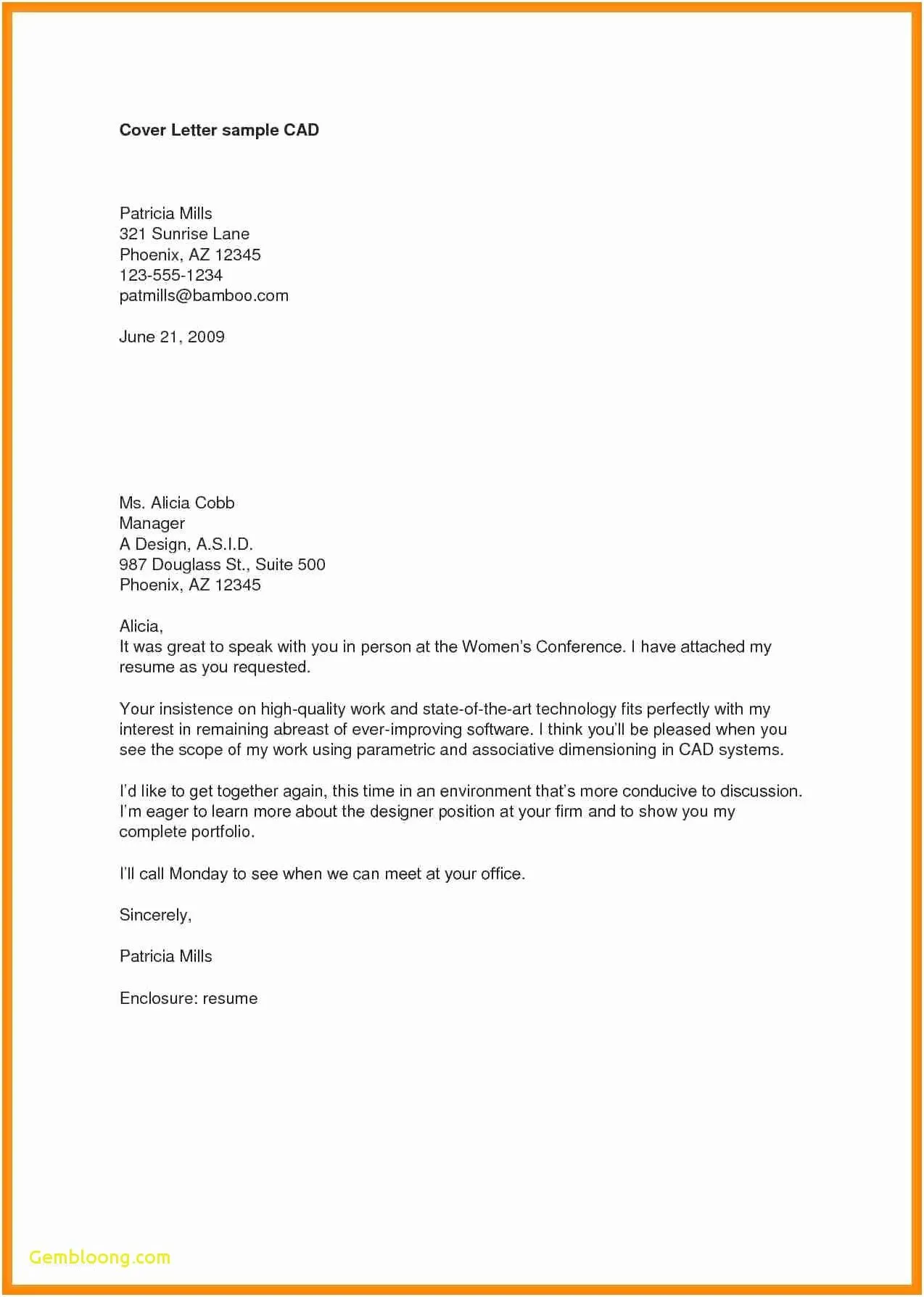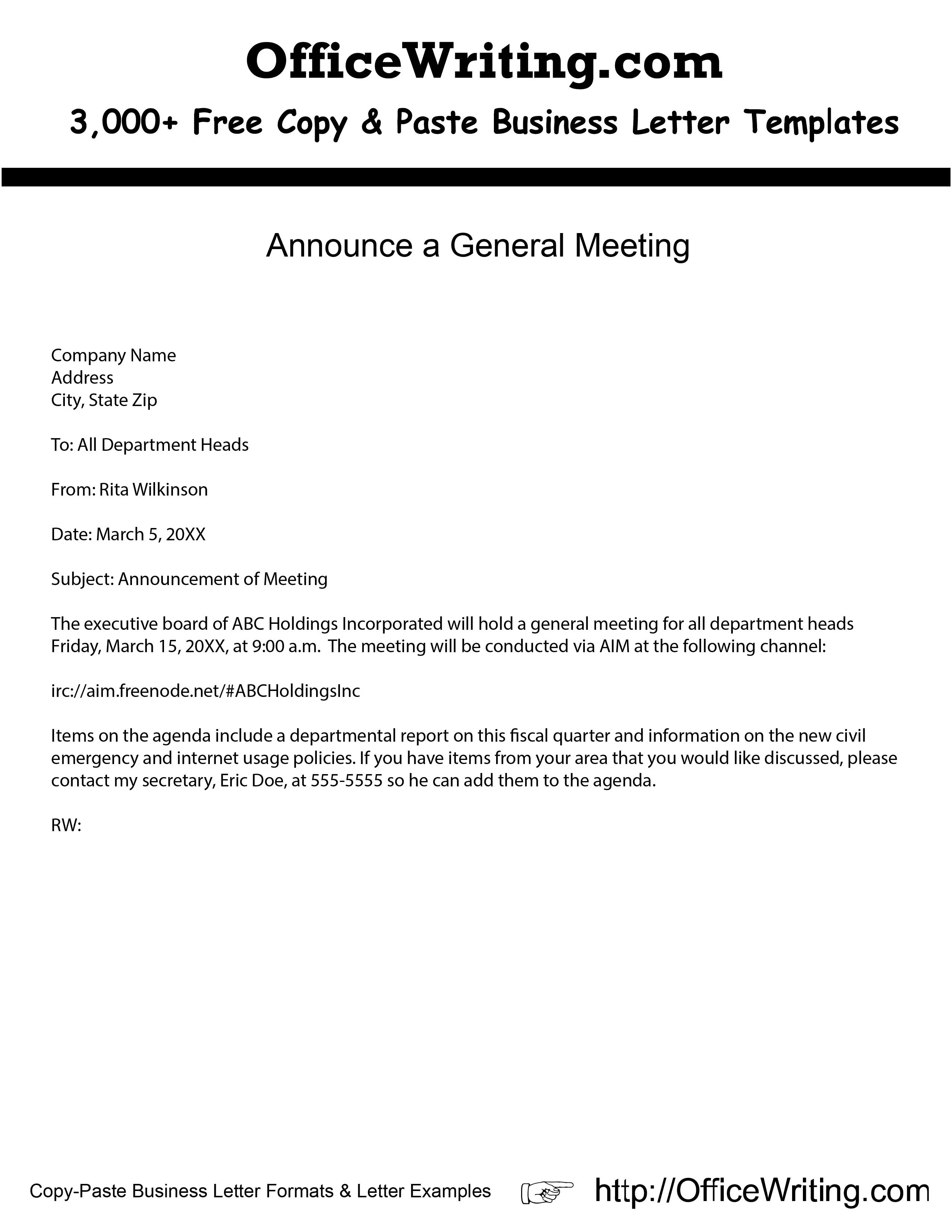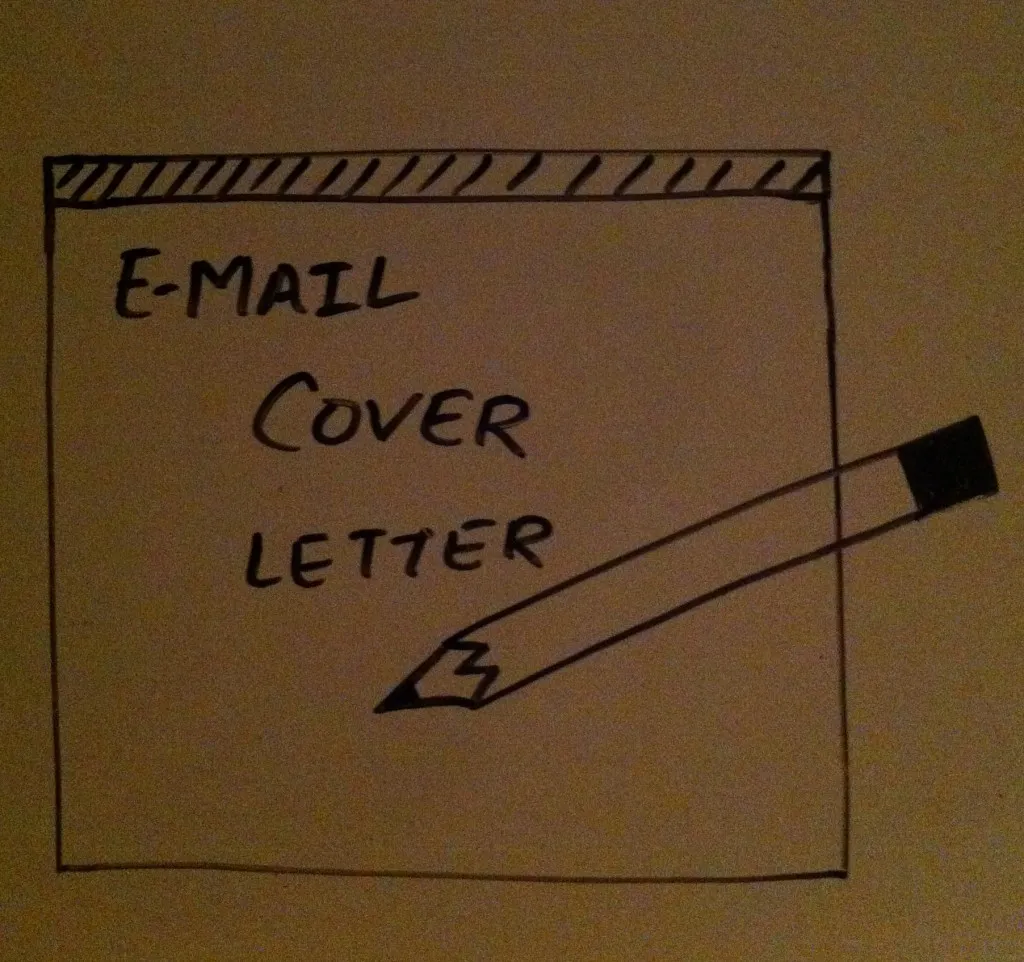Email Cover Letter: 5 Tips to Impress
In the modern job market, sending a cover letter by email has become the standard practice for many job applications. While some companies may still accept or even prefer traditional mail, the vast majority now expect cover letters to arrive electronically. This shift has introduced a new set of considerations and best practices to ensure your application stands out from the competition. From crafting a compelling subject line to formatting the body of the email, every detail contributes to the overall impression you make on a potential employer. This guide provides five essential tips to help you craft an email cover letter that not only gets noticed but also significantly boosts your chances of landing an interview. Mastering the art of the email cover letter can be a crucial step in your job search journey, setting the stage for a positive first impression and demonstrating your professionalism and attention to detail.
Why a Cover Letter Email Matters
The importance of a cover letter email extends beyond simply transmitting your resume to a potential employer. It serves as the initial point of contact, offering a valuable opportunity to introduce yourself, articulate your interest in the specific role, and showcase your writing skills. It provides the necessary context for your application. It allows you to expand on your resume, highlighting key accomplishments, skills, and experiences that align with the job requirements. A well-crafted email cover letter can grab the attention of the hiring manager and set you apart from other applicants, demonstrating your proactive approach and genuine enthusiasm for the opportunity. Moreover, it allows you to immediately demonstrate professionalism and communication abilities. This is particularly important in today’s digital landscape, where concise and effective written communication is highly valued.
Formatting Your Email Cover Letter

Formatting your email cover letter correctly is critical to make it look professional. Start with a clear and concise layout. Use a standard font such as Arial or Calibri, and keep the font size between 10 and 12 points to ensure readability. Maintain a single-spaced format with a blank line between paragraphs to create visual separation. Use left alignment for text, avoiding justification unless specifically requested by the employer. Include your contact information at the top, including your name, phone number, email address, and possibly your LinkedIn profile URL. Keep the email body concise, aiming for no more than three to five paragraphs. Ensure your email cover letter has a professional tone and avoids any slang or casual language. By adhering to these formatting guidelines, you’ll present your application in a polished and professional manner, increasing the likelihood of a positive impression.
Subject Line Mastery
The subject line is the first impression you make on a potential employer. A well-crafted subject line can dramatically increase the likelihood of your email cover letter being opened and read. Keep it concise, clear, and relevant to the job you’re applying for. Include the job title and your name in the subject line to make it easy for the hiring manager to identify the position you’re applying for and quickly match your application with the specific opening. For example, “[Your Name] - Application for Marketing Manager Position” is more effective than a generic subject line such as “Job Application.” Avoid using vague or overly creative subject lines that may confuse the recipient. When applying through an online job board, always adhere to the instructions provided. A compelling subject line can make the difference between your email being opened or ignored, so invest the time to craft it carefully.
Keep it Concise and Compelling
In today’s fast-paced work environment, hiring managers often have limited time to review each application. Therefore, it is crucial to keep your email cover letter concise and to the point. Aim for a brief and compelling introduction that immediately captures the reader’s attention. State the position you’re applying for and how you learned about the opportunity. In the body of your email, focus on highlighting your most relevant skills and experiences. Tailor your letter to the specific requirements outlined in the job description, demonstrating how your qualifications align with the employer’s needs. Quantify your achievements whenever possible by providing specific examples and metrics. End with a strong call to action, expressing your enthusiasm for the role and your eagerness to discuss your qualifications further. Ensure that every sentence contributes to the overall message, eliminating unnecessary words or jargon.
Highlight Relevant Skills and Experience

One of the most important goals of an email cover letter is to showcase your most relevant skills and experience. To make your application stand out, carefully review the job description and identify the key requirements and keywords. Then, customize your letter to directly address these qualifications, providing specific examples of how you have demonstrated those skills in past roles. Avoid generic statements and instead, focus on showcasing your unique contributions and achievements. Use action verbs to describe your responsibilities and accomplishments, emphasizing what you achieved in previous roles. When possible, provide quantifiable results to demonstrate the impact of your work. For example, rather than saying “Managed social media accounts,” you might say “Increased social media engagement by 30% within six months.” By directly linking your skills and experiences to the job requirements, you make a compelling case for why you are the ideal candidate.
Proofread Meticulously
Proofreading your email cover letter meticulously is absolutely crucial to ensure your professionalism and credibility. Errors, such as typos, grammatical mistakes, or incorrect formatting, can create a negative impression and undermine your qualifications. Before sending your email, carefully read through it several times, looking for any errors. Use a spell checker and grammar checker, but do not rely on them entirely. Read the email aloud to catch any awkward phrasing or inconsistencies. Ask a friend, family member, or career counselor to review your letter for a fresh perspective. Pay close attention to detail, including the recipient’s name, the company name, and the job title. Confirm the accuracy of the contact information to prevent your email from bouncing back. A polished, error-free cover letter demonstrates your attention to detail and commitment to quality, significantly enhancing your chances of making a positive first impression.
Call to Action
Ending your email cover letter with a strong call to action is essential to encourage the hiring manager to move forward with your application. Express your genuine interest in the role and the company, reinforcing your enthusiasm for the opportunity. Clearly state your availability for an interview and make it as easy as possible for the hiring manager to contact you. Provide your phone number and email address if you haven’t already included them in the signature. Use confident and assertive language, such as “I am eager to discuss how my skills and experience can benefit your team” or “I am available for an interview at your earliest convenience.” Thank the reader for their time and consideration. By including a call to action, you proactively encourage the hiring manager to take the next step and move your application forward.
Following Up After Sending

After sending your email cover letter, it’s important to follow up to demonstrate your continued interest in the position. Depending on the company’s hiring timeline, it’s generally acceptable to send a brief follow-up email about a week or two after submitting your application. In this follow-up, politely reiterate your interest in the role, mention any specific achievements or skills that align with the job requirements, and express your eagerness to learn more about the opportunity. Keep the email concise, and don’t be overly persistent. If you haven’t heard back after a reasonable amount of time, it may be a good idea to move on to other opportunities. Always maintain a professional and positive attitude throughout your job search. Following up appropriately can show your enthusiasm and can give you an edge over other candidates.
